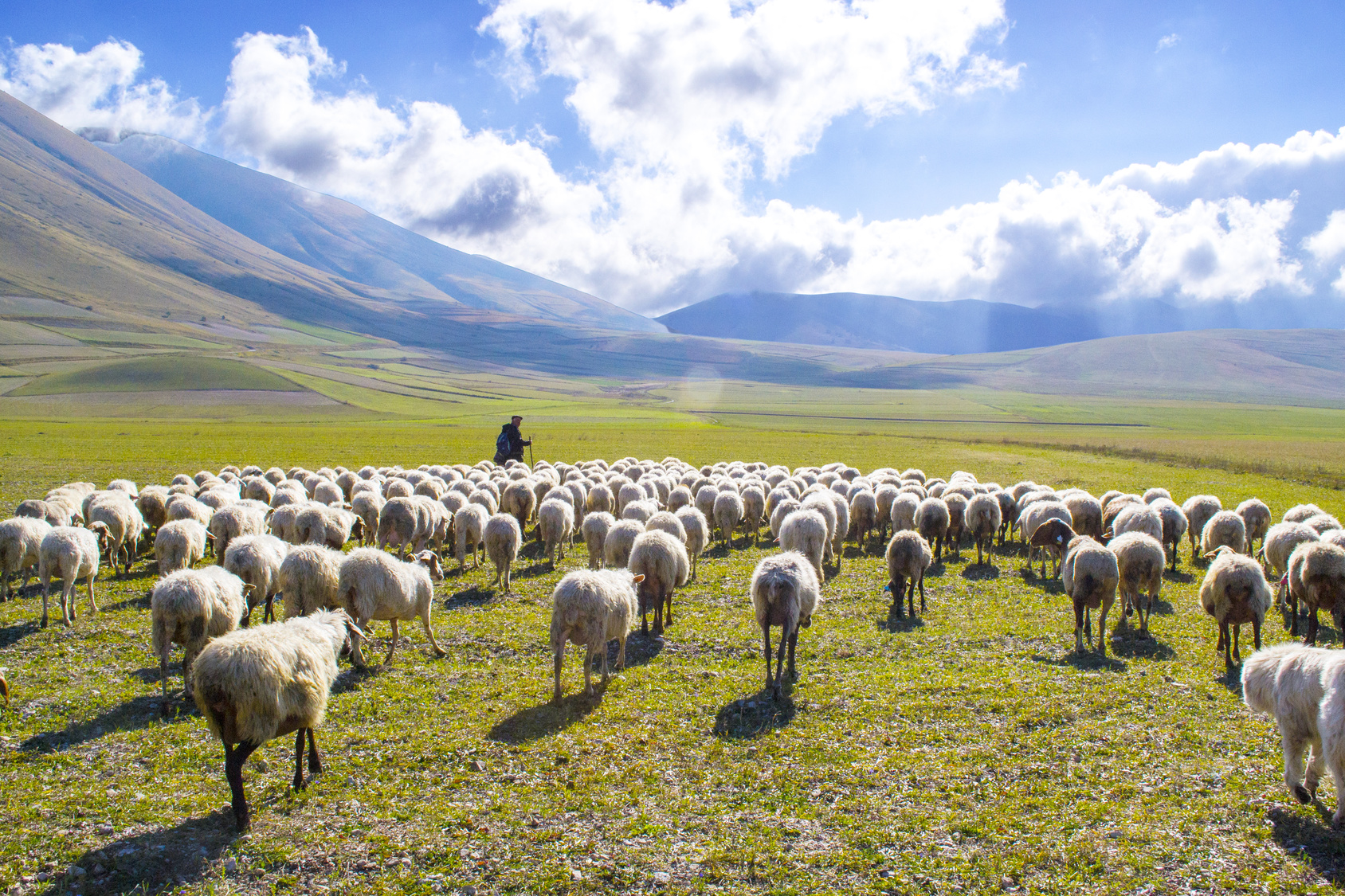What’s your guiding image for ministry leadership?
In addition to the traditional roles of “pastor,” “priest,” and “prophet,” there are many others. Some of these images provide theological wisdom; some offer pragmatic guidance, and a few manage to do both. Among the ways ministry leaders picture their identity and tasks are: “servant leader,” “equipper,” “wounded healer,” “change agent,” “pilgrim guide,” “movement catalyst,” “coach,” “entrepreneur,” “strategist,” and “C.E.O.”
A few mornings ago, I took a morning walk through downtown Asheville. The night before, I’d seen the moving documentary, “Won’t You be my Neighbor?,” about Fred Rogers; and, as I walked, I pondered the loving strength of his tenderness, the moral purposefulness of his playfulness, and the broad vision of a better world he saw in the eyes of children. A Presbyterian minister, he was a remarkably skilled and compassionate pastor.
I weighed the practice of ministry in the light of Mr. Roger’s witness and also lamented about how difficult it is for us to be tenaciously gentle in our culture, characterized as it is by intense harshness, even toward little ones. These things were on my mind as I passed Trinity Episcopal Church where I saw a makeshift pen in which stood three small sheep. Next to it was a young man dressed in Bedouin’s garb. It was delightfully jarring to see them; they were, I learned from the sign on the corner, part of a children’s Day Camp.
Mr. Rogers, the shepherd and his sheep in the church yard, and my need to re-center my own understanding of the role and tasks of ministry caused me to revisit the image of the shepherd (pastor comes from the Latin word for shepherd). It’s a deeply resonant image, despite the fact that most people have limited familiarity with shepherding and sheep. It’s also, as theologian Tom Oden said, the “central, unifying biblical image of ministry” (Pastoral Theology, 50). Other images, biblical and contemporary, can be valuable and useful, but there’s something indispensable about ministers as shepherds—as pastors.
In John’s Gospel, Jesus calls himself “the good shepherd”:
“I am the good shepherd. The good shepherd lays down his life for the sheep. The hired hand, who is not the shepherd and does not own the sheep, sees the wolf coming and leaves the sheep and runs away—and the wolf snatches them and scatters them. The hired hand runs away because a hired hand does not care for the sheep. I am the good shepherd. I know my own and my own know me, just as the Father knows me and I know the Father. And I lay down my life for the sheep” (John 10:11-15).
Shepherds had hard lives. They were nearly as vulnerable as their sheep to heat and cold, rain and drought, predators and thieves. Despite the dangers and difficulties—in fact, because of them, they lived with and for the sheep.
Jesus lived—and lives—with the vulnerable, which means that he lives with all of us, including those of us who try to hide our vulnerability, even from ourselves. He’s with us in the bone-chilling cold of loss and sadness and in the sweltering and sweaty heat of adversity and trouble. He knows our names, who we are, and who we have the potential to become. He guides, nurtures, and sustains us. He loves us unconditionally and self-sacrificially.
I need to keep the image of “shepherd” in front of me; because I face, as I suppose other ministry leaders do, the temptations to overly professionalize my work in order to insulate myself from the heart-rending struggles of people who look to me for care. Henri Nouwen wrote:
“Somehow we have come to believe that good leadership requires a safe distance from those we are called to lead. . . Laying down your life means making your own faith and doubt, hope and despair, joy and sadness, courage and fear available to others as ways of getting in touch with the Lord of life” (In the Name of Jesus, 42-43).
I want to be open enough to know and be known in authentic ways, to let other people’s fears and hopes affect me, and to offer whatever wisdom I might have to people who seek guidance. I want, where I can, to shelter the vulnerable from harm, to keep vigil against violence, and to lead people to ways of life that allow them to flourish.
So many people these days feel anxiety, bewilderment, confusion, and, even, despair. They live, even if physically healthy, in the valley of the shadow cast by death. They need shepherds. We need pastors.
People are asking, “Won’t you be my pastor?”

Leave a Reply